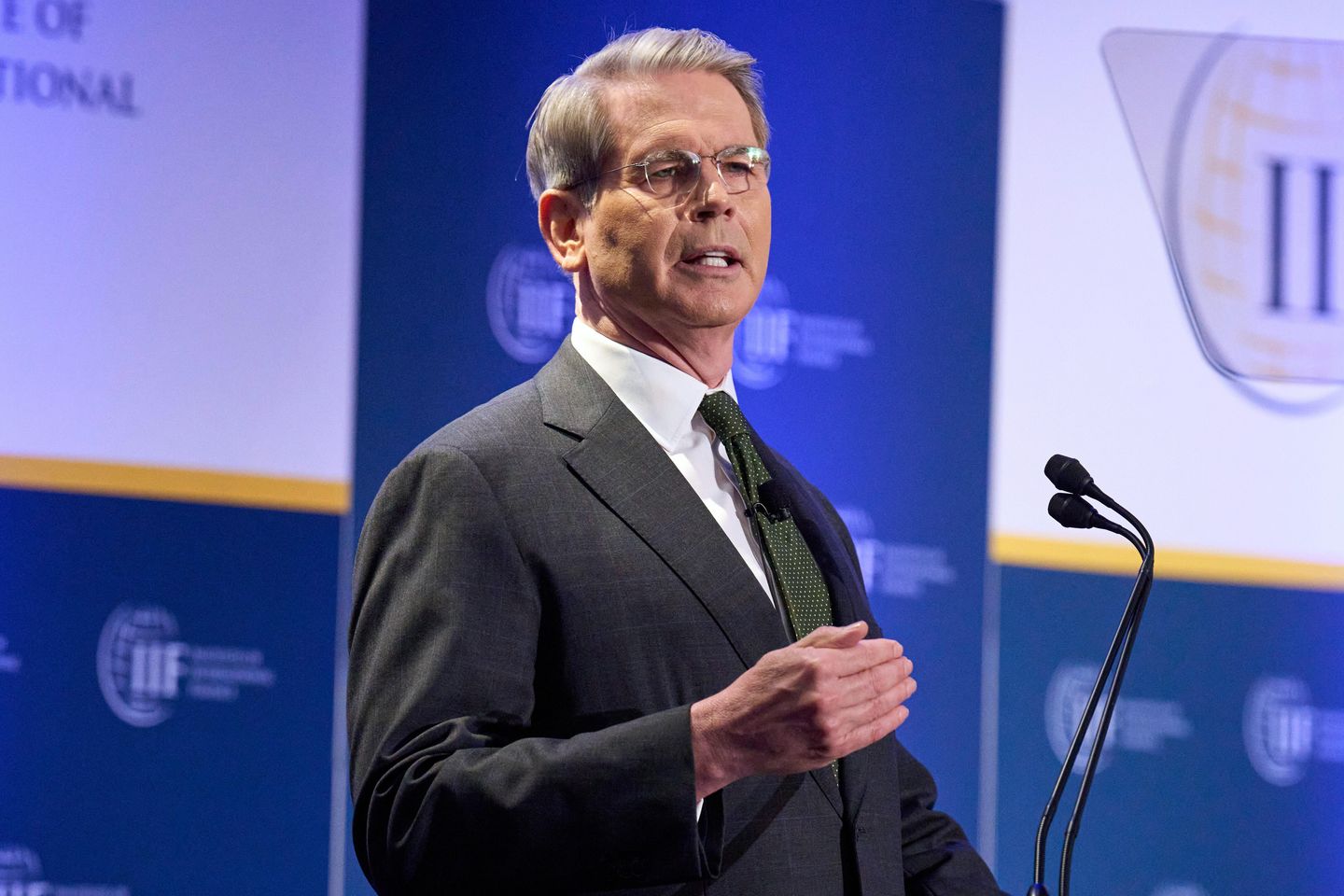
Treasury Secretary Scott Bessent said Tuesday that revenue from President Trump’s tariffs could be so great that it provides relief from federal income taxes.
Mr. Bessent’s comments suggest the revenue from taxing imports could offset the cost of a massive GOP legislative effort to rewrite the IRS code.
“I think there is a very good chance that we will see this in the upcoming tax bill,” Mr. Bessent said at a White House briefing.
Mr. Trump in recent weeks has bemoaned the switch from relying on tariff revenue in the early 20th century to an income tax system for the bulk of U.S. revenue.
Yet if tariffs compel companies to onshore manufacturing back to the U.S., it would ultimately result in less tariff revenue. Mr. Bessent said it is about balance, bringing in revenue in the near term while the administration tries to restart the manufacturing sector.
“I think it’s a combination of both,” Mr. Bessent said.
The treasury secretary is at the heart of trade negotiations over Mr. Trump’s “Liberation Day” tariff plan that imposed a blanket 10% levy on all imports and higher tariffs on countries that sell plenty of products to U.S. consumers but do not buy nearly as much from American producers.
Mr. Trump paused tariffs on dozens of nations to allow for negotiations. Mr. Bessent said India, South Korea and Japan are the furthest along in potentially reaching a deal to reduce trade barriers in exchange for tariff relief.
China is a special case. It retaliated against Mr. Trump’s plan, resulting in tit-for-tat tariffs with the U.S. that exceed 100% on both sides.
Neither side seems willing to budge, but Mr. Bessent said the tariff level is unsustainable for China’s export-heavy economy so Beijing will be eager for a deal.
China says the U.S. should make the first move.
“This tariff war [was] launched by the U.S. If a negotiated solution is truly what the U.S. wants, it should stop threatening and exerting pressure, and seek dialogue with China based on equality, respect and mutual benefit,” foreign ministry spokesman Guo Jiakun said.
Tariffs are a tax or duty on imports. Foreign nations don’t pay the cost of the tariffs directly.
Rather, it is usually U.S. companies that pay the cost when importing goods into the country.
Amazon, the large retailer, is expecting to list the cost of tariffs next to regular prices. White House press secretary Karoline Leavitt called it a “hostile” act, suggesting politics were involved in the decision.
Mr. Bessent said the administration will make it easier for companies to set up shop in the U.S. so their goods no longer face tariffs.
He said that includes letting companies write off the cost of setting up factories in the U.S, and measures that will decrease the cost of energy.
“I think we’re going to give them great certainty on this tax bill,” Mr. Bessent said.
The secretary downplayed the idea that there would be supply chain shocks in the meantime. He said retailers likely preordered goods.
“I wouldn’t think that we would have supply chain shocks, and I think retailers have managed their inventory in front of this,” Mr. Bessent said.












